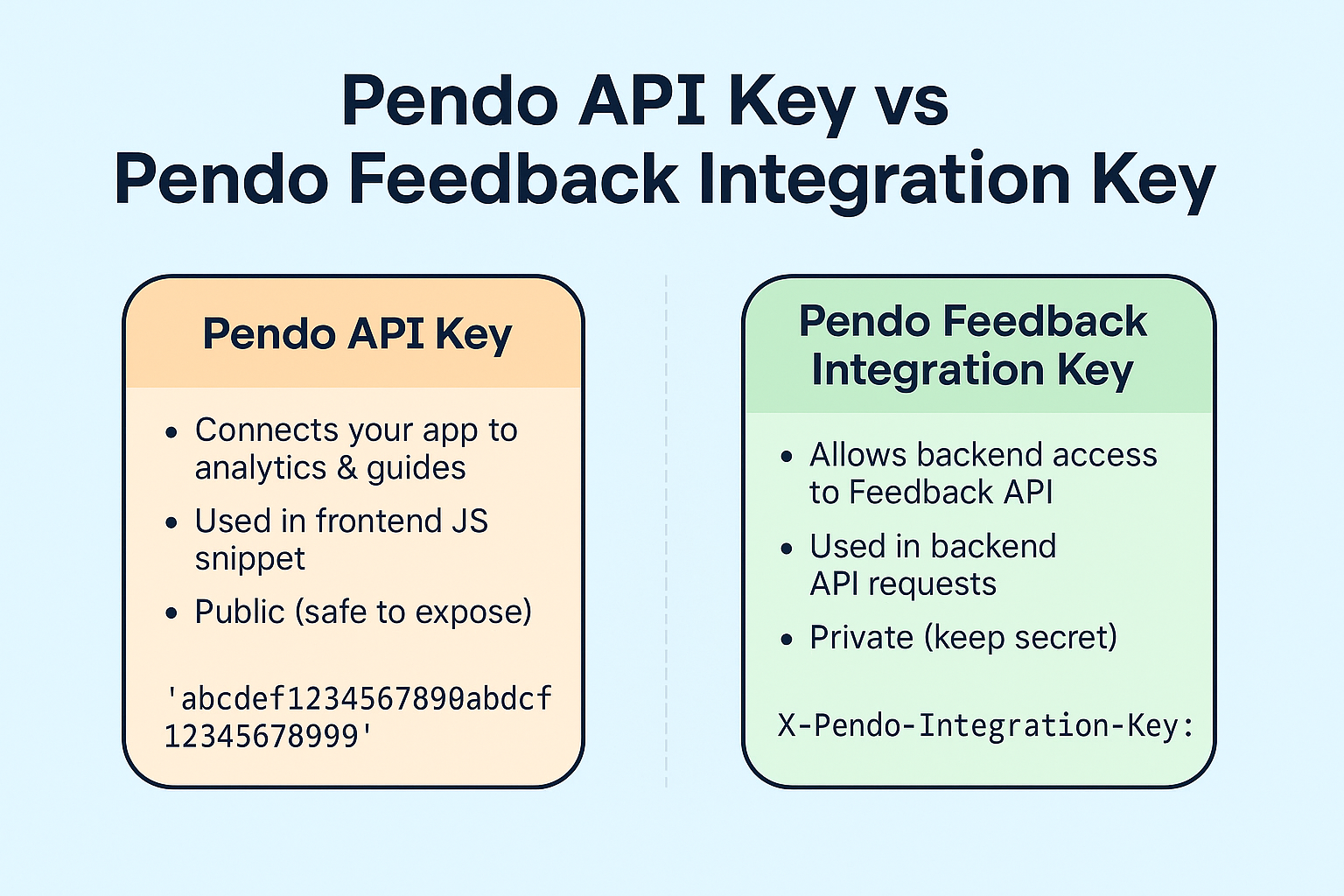Debugging SQL queries in Java can be challenging, particularly when using PreparedStatement. The inability to see the complete query with parameters makes troubleshooting difficult. To address this, developers can use a custom implementation like LoggingPreparedStatement. This article focuses on how the solution works, followed by its advantages and disadvantages.
What is LoggingPreparedStatement?
LoggingPreparedStatement is a custom Java class designed to wrap around the standard PreparedStatement interface. Its primary purpose is to log SQL queries and their parameters, making it easier to debug database operations.
This implementation works by intercepting calls to methods of the PreparedStatement, logging the SQL statement, and dynamically capturing the parameter values. The logged data includes:
- The SQL query string.
- The parameter values passed to the query.
How Does It Work?
Wrapping the PreparedStatement: LoggingPreparedStatement takes a standard PreparedStatement as a parameter in its constructor and wraps it. This allows the custom class to forward method calls to the underlying PreparedStatement while adding logging functionality.
public LoggingPreparedStatement(PreparedStatement preparedStatement, String sql) {
this.preparedStatement = preparedStatement;
this.sql = sql;
this.params = new Object[sql.split("\\?").length - 1];
}
Capturing Parameters: When a parameter is set (e.g., using setInt, setString), the value is stored in an internal array. These values are logged along with the SQL query when the statement is executed.
@Override
public void setInt(int parameterIndex, int x) throws SQLException {
params[parameterIndex - 1] = x;
preparedStatement.setInt(parameterIndex, x);
}
Logging Execution: Before executing the query, the logStatement() method logs the SQL query and its parameters using the SLF4J logging framework.
private void logStatement() {
if (logger.isDebugEnabled()) {
logger.debug("Executing SQL: " + sql);
logger.debug("With parameters: " + Arrays.toString(params));
}
}
Executing Queries: During query execution (e.g., executeQuery, executeUpdate), the wrapper logs the query details before delegating execution to the wrapped PreparedStatement.
@Override
public ResultSet executeQuery() throws SQLException {
logStatement();
return preparedStatement.executeQuery();
}
How to Use LoggingPreparedStatement
Create a Standard PreparedStatement:
Connection connection = DriverManager.getConnection("your-database-url");
String sql = "SELECT * FROM users WHERE id = ? AND name = ?";
PreparedStatement originalStatement = connection.prepareStatement(sql);
Wrap it with LoggingPreparedStatement:
LoggingPreparedStatement loggingStatement = new LoggingPreparedStatement(originalStatement, sql);
Set Parameters and Execute:
loggingStatement.setInt(1, 123); loggingStatement.setString(2, "John Doe"); ResultSet resultSet = loggingStatement.executeQuery();
Check the Logs: The SQL query and its parameters will appear in your logs at the debug level.
Pros of Using LoggingPreparedStatement
- Enhanced Debugging: Provides detailed logs of SQL queries and parameter values, making it easier to identify issues like syntax errors or incorrect data.
- Plug-and-Play Design: Acts as a direct replacement for PreparedStatement, requiring minimal changes to existing code.
- Dynamic Parameter Handling: Automatically adapts to the number of parameters in the SQL query.
- Logging Framework Integration: Uses SLF4J, compatible with popular logging tools like Logback and Log4j.
- Customizable: Can be extended to include features like sensitive data masking or additional logging formats.
Cons of Using LoggingPreparedStatement
Performance Overhead: Logging every query introduces additional CPU and memory usage, which may impact performance in high-traffic systems.
Incomplete Implementation: Not all PreparedStatement methods (e.g., setBlob, setClob) are implemented, potentially leading to runtime errors.
Sensitive Data Exposure: Logs can expose sensitive information like passwords, posing security and compliance risks.
Log Noise: Verbose logging in production environments can make it hard to find relevant information in logs.
Limited Query Reconstruction: While parameters are logged, the query placeholders (?) are not replaced in the SQL string, requiring manual reconstruction.
Best Practices
- Use in Development: Enable logging only in non-production environments for debugging purposes.
- Mask Sensitive Data: Implement filters to obfuscate sensitive parameters in logs.
- Optimize Log Configurations: Log only critical queries or use conditional logging to reduce noise.
- Complete the Interface: Extend the class to handle missing PreparedStatement methods.
- Enable Log Rotation: Use log rotation to prevent excessive log storage usage.
Conclusion
LoggingPreparedStatement is an effective tool for debugging SQL queries in Java applications. By providing visibility into SQL execution, it simplifies troubleshooting and enhances developer productivity. However, its potential drawbacks, such as performance overhead and sensitive data exposure, make it more suited for development environments. With proper implementation and best practices, this solution can be a valuable addition to your debugging toolkit.



